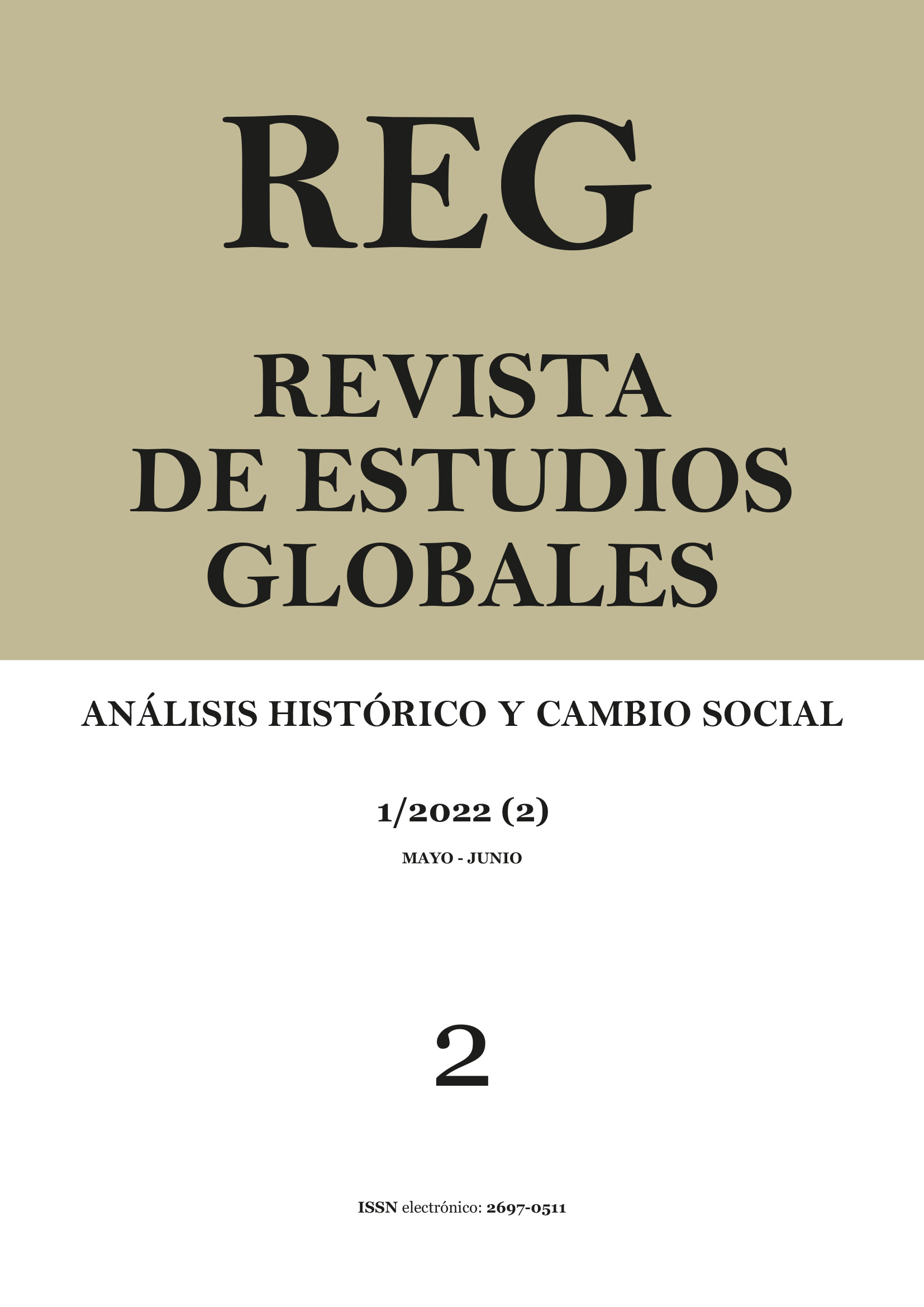The global crisis is a crisis of civilization: a political ecology perspective
Abstract
Inspired by the intellectual currents of political ecology, this essay aims to shed light on the crisis of the contemporary world. The social sciences, or plain science, require a profound and urgent renewal in order to highlight the hegemonic structures of knowledge; Over-specialized studies, so common in recent decades, are barely capable of capturing fragments or pieces of reality, overlooking or ignoring the political power relations closely linked to the world they seek to study. It is clear that a radical transformation is required in all areas of social life and the first step is to accept that we are not facing a simple economic, technological or cultural change, but rather a transformation of human civilization.
Downloads
Metrics
-
Abstract1291
-
pdf414
References
Boyack, K. W. & R. Klavans (2013), «Creation of a highly detailed, dynamic, global model and map of science», Journal of the Association for Information Science and Technology, 65, pp.670-685. Available in https://doi.org/10.1002/asi.22990
Cano-Ramirez, O.E. (2017), «Capitaloceno y adaptación elitista», Ecología Política, 53, pp. 101-120.
Credit Suisse Global Wealth Report (2021). Available in: https://www.credit-suisse.com/aboutus/en/reports-research/global-wealth-report.html
Crutzen, Paul, J. & E. F. Stoner (2000), The «Anthropocene», IGBP Newsletter, 41, pp. 17-18.
Crutzen, P.J. (2002), «Geology of mankind». Nature, 415, p. 23. Available in https://www.nature.com/nature/journal/v415/n6867/full/415023a.ht
González de Molina, M. & V.M. Toledo (2014), The Social Metabolism. A Socio-Ecological Theory of Historical Change. Environmental History, Volume 3, Switzerland: Springer International Publishing.
Koestler, A. (1967), The Ghost in the Machine, London: Hutchinson Publ.
Martinez-Alier J., Anguelovski I., Bond P., Del Bene D., Demaria F., Gerber J.-F., Greyl L., Haas W., Healy H., Marín-Burgos V., Ojo G., Porto M., Rijnhout L., Rodríguez-Labajos B., Spangenberg J., Temper L., Warlenius R. and I.Yáñez (2014), «Between activism and science: grassroots concepts for sustainability coined by Environmental Justice Organizations», Journal of Political Ecology, 21, pp. 19-60.
Mc Neill, J. R. & Peter. E. (2016), The Great Acceleration: An Environmental History of the Anthropocene since 1945, Cambridge, MA: Harvard University Press.
Montuori, A. (2013), An Overview of Edgar Morin’s Intellectual Journey, Meta Integral Foundation. Available in https://www.researchgate.net/publication/260603130_Edgar_Morin_and_Complex_Thought
Moore, J. W. (2015), Capitalism in the Web of Life: ecology and the accumulation of capital, London and New York: Verso Books.
Moore, J. W. (ed.), 2016. Anthropocene or Capitalocene? Nature, history and the crisis of capitalism, Oakland: PM Press.
Morin, E. (2008), On complexity, Cresskill, NJ: Hampton Press.
Morin, E. (2014), «Complex Thinking for a Complex World – About Reductionism, Disjunction and Systemism», Systema, 2 (1), pp. 14-22.
Oxfam International Report (2022). Available in https://www.oxfam.org/es/taxonomy/term/1480
Serratos, F. (2021), El Capitaloceno. Una historia radical de la crisis climática, México: UNAM y Festina Ediciones.
Toledo, V.M. (1993), «Modernity and Ecology: the new planetary crisis Capitalism, Nature, Socialism», CNS, 4 (4), pp. 31-48.
Toledo, V.M. (2019), «What are we saying when we talk about sustainability?», The Jus Semper Global Alliance, July. Available in: https://www.jussemper.org/
UNESCO (2015), «UNESCO science report: towards 2030», Paris: UNESCO publishing.
Vitali, S., Glattfelder, J. B. & S. Battiston (2011), «The network of global corporate control», PLoS ONE 6 (10), e25995. Available in: https://doi.org/10.1371/journal.pone.0025995

Copyright (c) 2022 Revista de Estudios Globales. Análisis Histórico y Cambio Social

This work is licensed under a Creative Commons Attribution-NonCommercial-NoDerivatives 4.0 International License.









